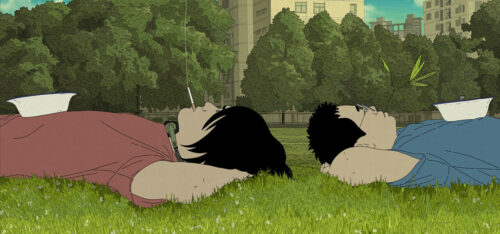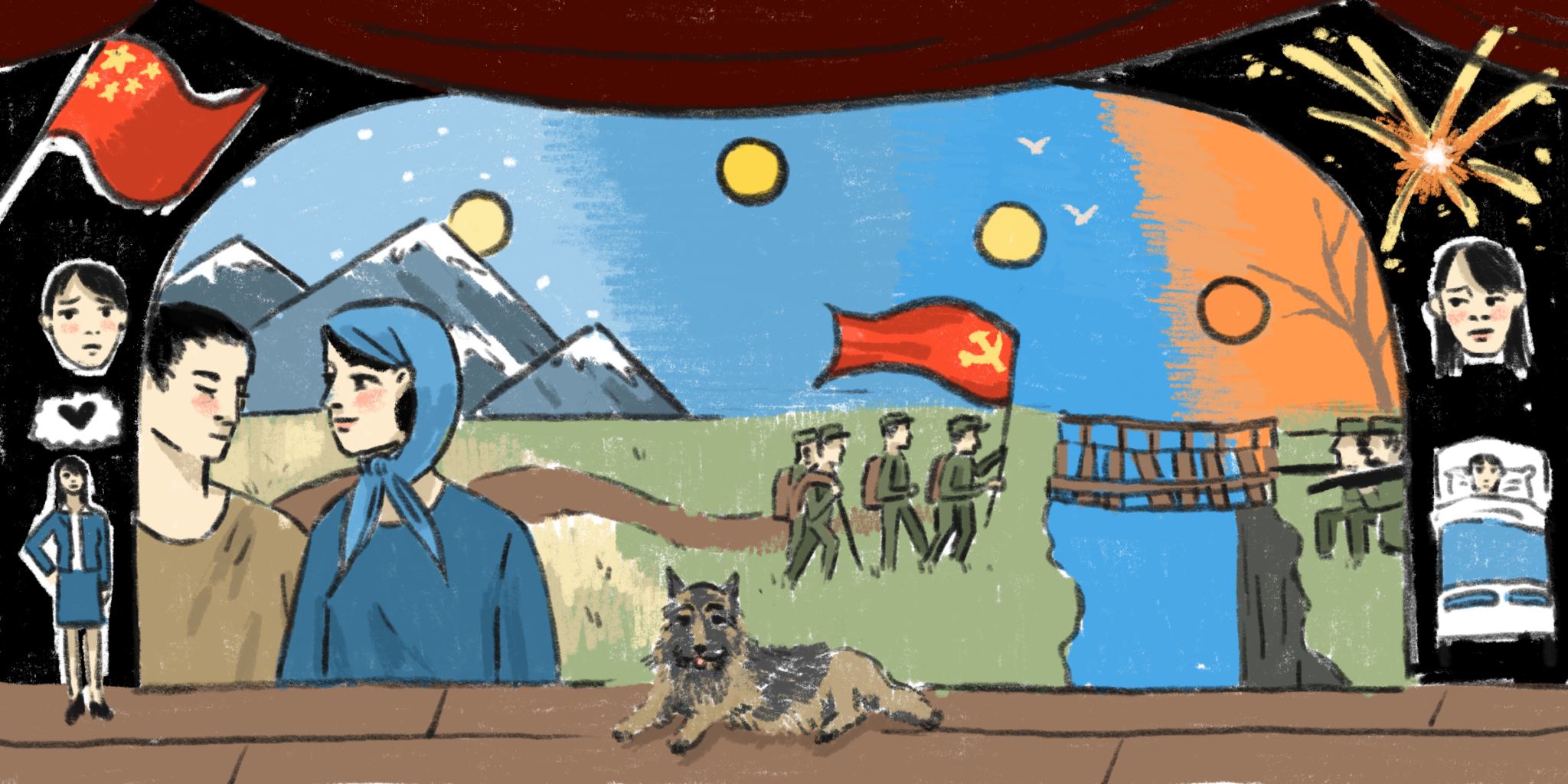
As all the interesting Chinese directors have gone underground, mainstream Chinese cinema seems to be struggling more than ever — financially and creatively.
There have been better times for Chinese cinema. The country’s pandemic policy, a financially turbulent film sector, and tightening censorship made for a dismal year. The National Day holiday in October had the lowest box-office grosses in seven years, according to industry data tracker Maoyan Entertainment, while ticket sales for the whole year look set to be just over half those of 2021.
China news, weekly.
Sign up for The China Project’s weekly newsletter, our free roundup of the most important China stories.
The quality of new Chinese films is unlikely to improve anytime soon. As a regular filmgoer in China (and formerly culture editor at The World of Chinese), this year I have never found it harder to find flicks worth recommending, among the clutter of propaganda, wolf warriors, pot-boiler romances, and explosive cop dramas. Mainstream cinema no longer represents the best of what Chinese film has to offer. All the interesting directors have gone underground, resorting to small screenings at film festivals, friends’ houses, or for a couple of nights in a few brave movie theaters.
Here are this year’s awards from The China Project:
Most successful at the box office: Battle at Lake Changjin 2 长津湖之水门桥 (cháng jīn hú zhī shuǐ mén qiáo)
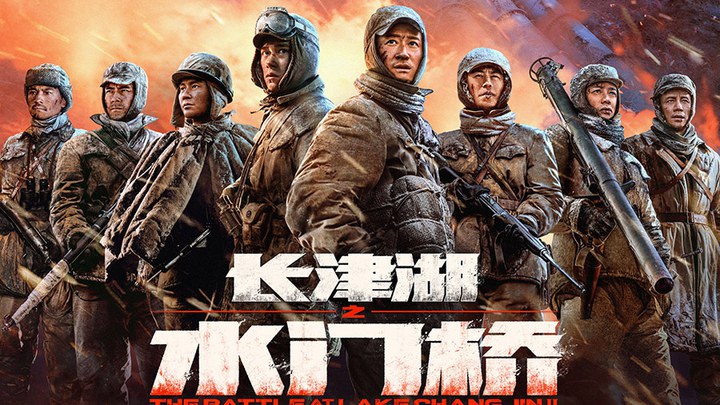
Raking in over 4 billion yuan in nine months, the bombastic Battle at Lake Changjin 2 struck it rich. It’s hardly a surprise given that its predecessor was the highest-grossing Chinese film of all time, a feel-good nationalist take on how the PLA beat back the U.S. Army at a strategic chokepoint during the Korean War.
The sequel provides more of the same — digestible patriotism, sticking it to the States, and the grinning swagger of Wú Jīng 吴京, the star of the Wolf Warrior movies and Operation Red Sea. This time, Wu and the gang have to blow up a key bridge to stop the American retreat. Sometimes clocking in at 30 explosions per minute, shivering Chinese underdogs trounce superior U.S. tech with self-sacrifice, brains, and impossible grit (the warmth of a flame-thrower resurrects one soldier who had frozen to death).
Most controversial (and best reviewed): Return to Dust 隐入尘烟 (yǐn rù chén yān)
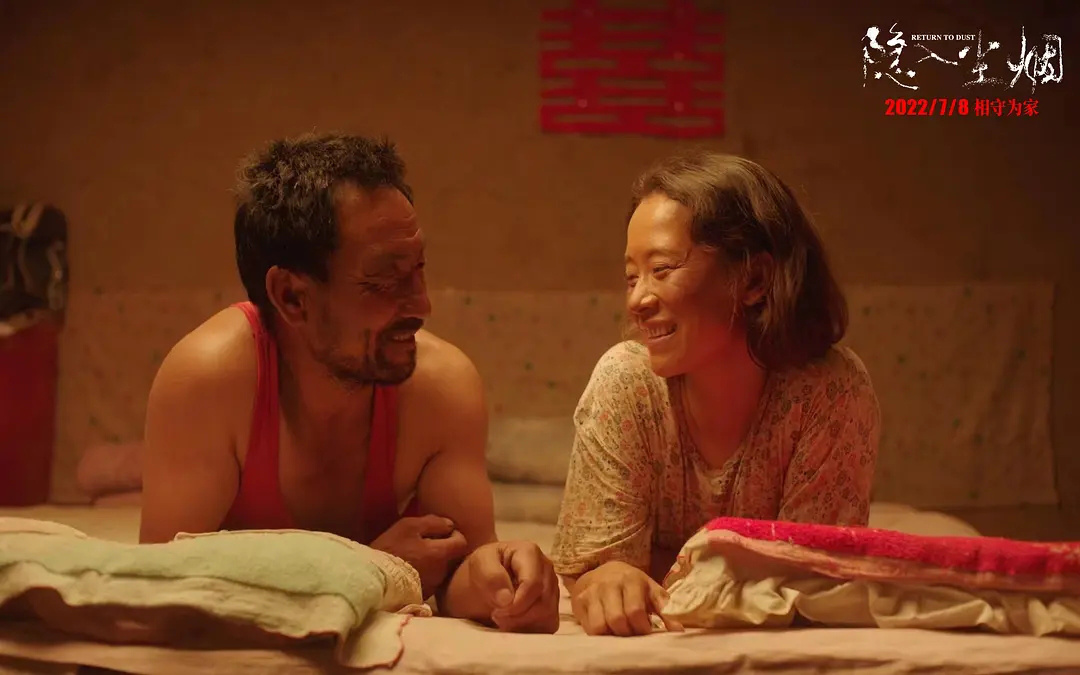
With a cracking 8.5 out of 10 rating on reviewing hub Douban, Return to Dust tells the charming story of two social outcasts slowly finding happiness in an arranged marriage. While the seasons turn around them, the pair build a farmstead and form a strong bond, protecting themselves from avaricious or disdainful outsiders. State media initially promoted the film when it was released in early July, describing it as a reminder that poverty is still a problem in rural China today. Yet by the end of September, the art house film had been pulled from cinemas and online streaming platforms. “Everyone knows there are lots of poor people,” Chinese producer Léi Míng 雷明 told The Economist. “But the government doesn’t want Chinese people to see too much of it.”
Most underrated: Dongbei Tiger 东北虎 (dōngběi hǔ)

While Dongbei Tiger currently has a mere 5.9 score on Douban, criticized as “too slow” for some viewers, it deserves better as the winner of Best Film at the Shanghai International Film Festival. There is little by way of plot: a simple matter of a love triangle and a dead pet dog. But Dongbei Tiger is a slow burner, filled with clever writing, exquisite shots of the Northeast’s snowy rust belts, alongside the region’s dark, earthy humor. It even manages to make censorship amusing, with an end disclaimer about how the police arrested all rule breakers flashing on screen so pathetically briefly that it walked in step with the laugh-out-loud irreverence of the rest of the production. If you watch one Chinese film this year, make it this.
Most government supported: Company of Warriors 勇士连 (yǒngshì lián)
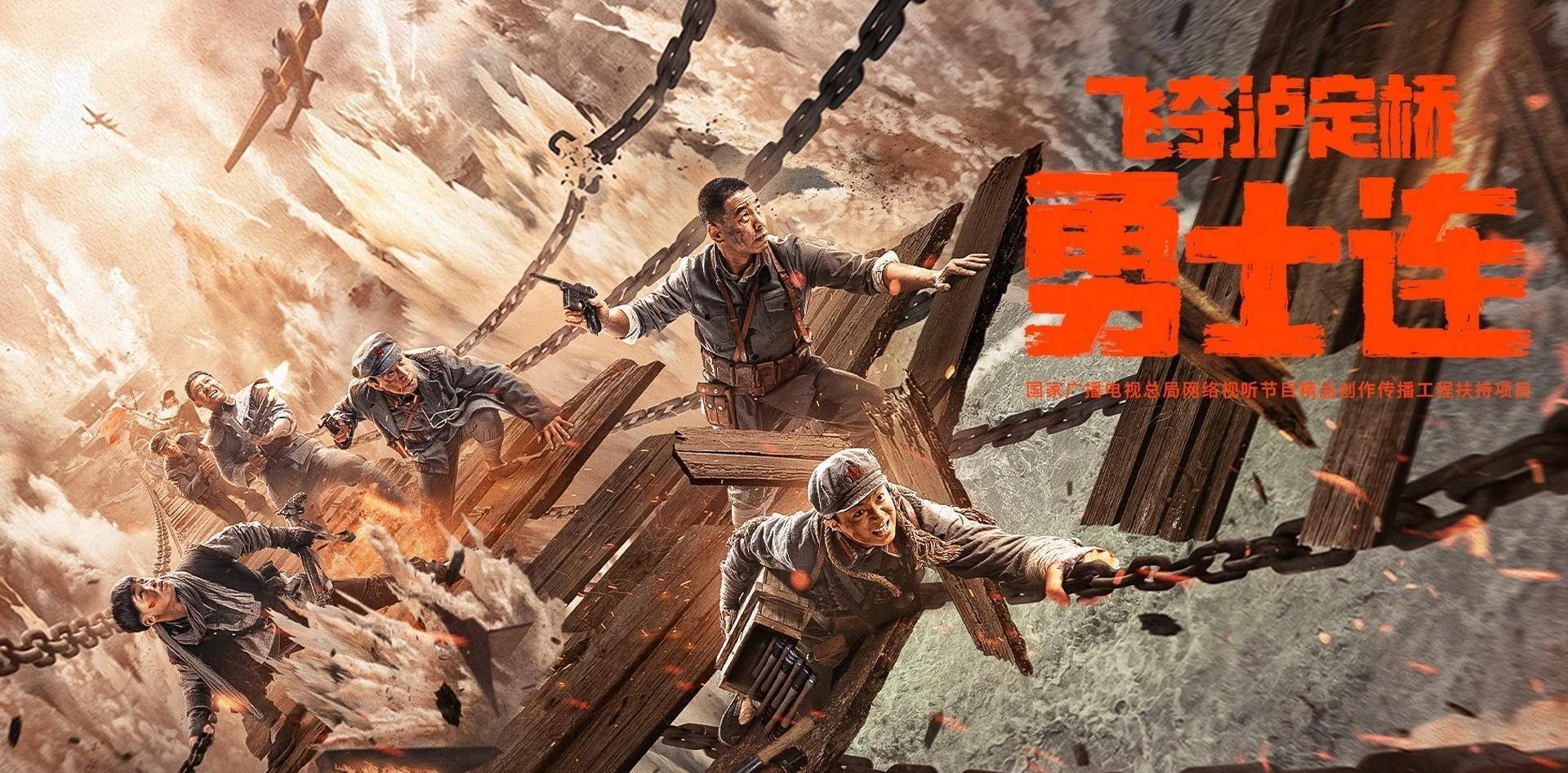
The Party loves a good story about itself. What better story than Red Army soldiers crossing a narrow rickety bridge during the Long March, a terrifying drop beneath them, KMT bullets in front of them? This was the legendary crossing of Luding Bridge, which Dèng Xiǎopíng 邓小平admitted had been exaggerated. Company of Warriors, released on streaming platforms in the run-up to the 20th Party Congress, is the latest in a long line of tributes, opening in the thick of the action with Red Army soldiers inching along the chains, woks on their heads for helmets. Several government departments lent a hand in production and direction, and the People’s Daily praised the film for stirring up “strong patriotic emotions” and spreading “red culture.”
Most corny: Ordinary Hero 平凡英雄 (píngfán yīngxióng)

I have already written about Ordinary Hero, but it’s hard to find anything that compares with this yarn’s toe-curling sentimentality. The story follows a small, doe-eyed boy being flown to Ürümchi to save his arm, severed in a tractor accident. Xinjiang is sprinkled with the silver-screen equivalent of rainbows and cupcakes: PLA soldiers deliver urgent reports about the boy in brisk staccato barks; a smiling Ürümchi band gives a sing-along in the plane’s aisle to keep the boy from sleeping and, erm, dying; flashbacks of the boy frolicking through a field of cotton at sunset; crescendoing violins. Of course, the state saves the day at the end. But the Ürümchi fire in November — not to mention Xinjiang’s reeducation camps — gives such praise of enlightened provincial governance a sickening aftertaste.
Most disappointing: Hard Love 炼爱 (liàn ài)

It’s hard to pick a winner in this most disappointing of years. The boilerplate comedy Another Me (李茂换太子 lǐ mào huàn tàizǐ) was labeled “most disappointing film” at this year’s Golden Broom Awards, which annually pick the most underwhelming releases. But for my money, the winner is Hard Love, a documentary about thirtysomething women in Beijing, financially independent but searching for a man to marry. This film could have looked at why more young women than ever before aren’t getting married. But instead it selects five women hunting for a match. Endless rounds of blind dates and nagging relatives imply the characters can only find true happiness by getting a husband. It’s a typical treatment of women in Chinese cinema — trapped in an unequal power structure, their character arcs based on reaching their true potential as baby makers and housewives.
Worst reviewed: Ten Years of Loving You 十年一品温如言 (shí nián yīpǐn wēn rú yán)

“I had a feeling it would probably suck, but didn’t think it could be this bad,” was the acid opening line of The Paper’s review for the half-baked romance Ten Years of Loving You. Taking two young lovers separated for 10 years, it throws suicide and cancer into the plot, and earns a measly 2.8 points on Douban. Adapted from a hugely popular online novel, news that it would be premiering on Valentine’s Day hit the second spot on Weibo’s hot search list. But it left the target audience of young cutesy couples, prepped for something heartwarming, with a bitter taste in their mouths. It had it all: clunky writing, empty characters, and inexplicable plot points (such as the young Chinese couple using landline phones to communicate).
Best indie film: One and Four 一个和四个 (yīgè hé sì gè)

This Tibetan flick earned Best Feature at this year’s FIRST International Film Festival, which is arguably the last bastion of creativity in Chinese cinema. The plot follows four men who break into a ranger’s forest cabin on the freezing Qinghai Plateau. It doesn’t help that they’re armed with rifles and there’s a dead cop down the road. Tibetan director Jigme Trinley takes the dark settings and ruthless characters of Westerns like The Hateful Eight, and applies them to the Himalayas. This is an interesting breakthrough for Tibetan film, which usually deals in religion, morality, and modernization. Trinley said in an interview that he wanted to distance himself from Tibetan cultural identity and focus on the darkness within.





